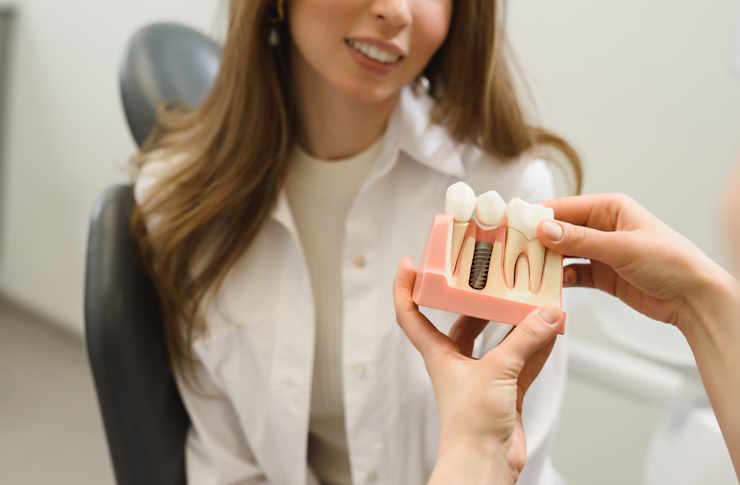Pay for Dental Implants Monthly: Explore Flexible Payment Options
Looking into dental implants but concerned about the upfront cost? In the UK, you can find clinics that let you pay for dental implants monthly, often through installments or payment plans. Whether you're comparing options locally or looking into alternatives like Turkish dental implants cost, there are flexible solutions available near you to help manage the expense more comfortably.

Understanding Dental Implants and Their Benefits
Dental implants are artificial tooth roots surgically placed into the jawbone to support replacement teeth. They provide a stable foundation for crowns, bridges, or dentures, offering a natural look and feel. Implants not only restore your smile but also help maintain facial structure and prevent bone loss in the jaw.
How to Pay for Dental Implants Monthly
Many dental practices and specialized implant centers now offer monthly payment plans to make the procedure more accessible. These plans allow patients to spread the cost of their treatment over several months or even years, making it easier to manage financially.
Exploring Dental Implants with Payment Plans Near You
To find dental implants with payment plans in your area, consider the following steps:
- Research local dental practices specializing in implants
- Inquire about their financing options during consultations
- Compare interest rates and repayment terms from different providers
- Check if they offer in-house payment plans or work with third-party financiers
Understanding the Cost of Dental Implants
The cost of dental implants can vary significantly depending on several factors, including the number of implants needed, the complexity of the procedure, and the location of the dental practice. In the UK, a single dental implant can range from £2,000 to £2,500, while a full set of implants may cost between £10,000 and £25,000.
Considering Turkish Dental Implants Cost
Turkey has become a popular destination for dental tourism, offering significantly lower prices for dental implants compared to the UK. While the cost savings can be substantial, it’s essential to consider factors such as travel expenses, accommodation, and potential follow-up care when evaluating this option.
• Turkish dental implant costs can be 50-70% lower than UK prices • Many Turkish clinics offer all-inclusive packages for international patients • Ensure thorough research and choose accredited clinics with experienced implantologists • Consider potential language barriers and post-treatment care logistics
| Provider Type | Average Cost (Single Implant) | Payment Plan Options |
|---|---|---|
| UK Private Clinic | £2,000 - £2,500 | Monthly installments, 0% finance options |
| NHS (Limited Availability) | £200 - £300 (Band 3 Treatment) | N/A |
| Turkish Dental Clinic | £600 - £1,000 | All-inclusive packages, some offer financing |
Dental Implants Installments: Making Treatment More Accessible
Installment plans for dental implants have made this advanced treatment more accessible to a broader range of patients. These plans typically involve:
- An initial consultation and treatment plan
- A down payment to begin treatment
- Monthly payments spread over 12 to 60 months
- Fixed or variable interest rates, depending on the provider
When considering installment plans, it’s crucial to read the terms carefully and understand the total cost, including any interest charges. Some practices offer interest-free periods, which can significantly reduce the overall expense if you can pay within that timeframe.
Conclusion
Dental implants offer a long-lasting solution for missing teeth, but their cost can be a barrier for many patients. By exploring monthly payment options, comparing local providers, and considering alternatives like dental tourism, you can find a way to make this life-changing treatment more affordable. Remember to thoroughly research your options and consult with qualified professionals to ensure you receive high-quality care that fits your budget.
This article is for informational purposes only and should not be considered medical advice. Please consult a qualified healthcare professional for personalized guidance and treatment.
The shared information of this article is up-to-date as of the publishing date. For more up-to-date information, please conduct your own research.




